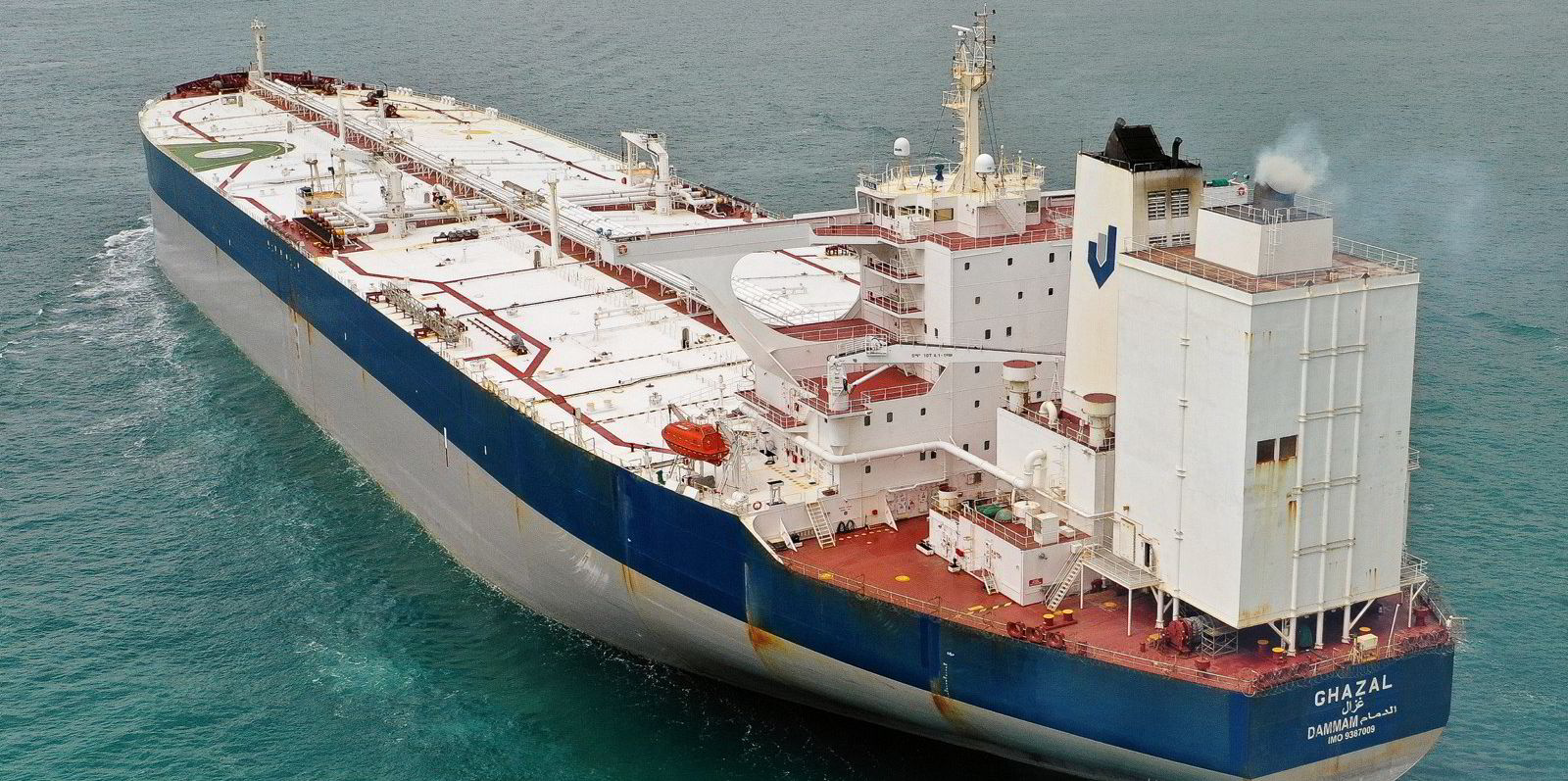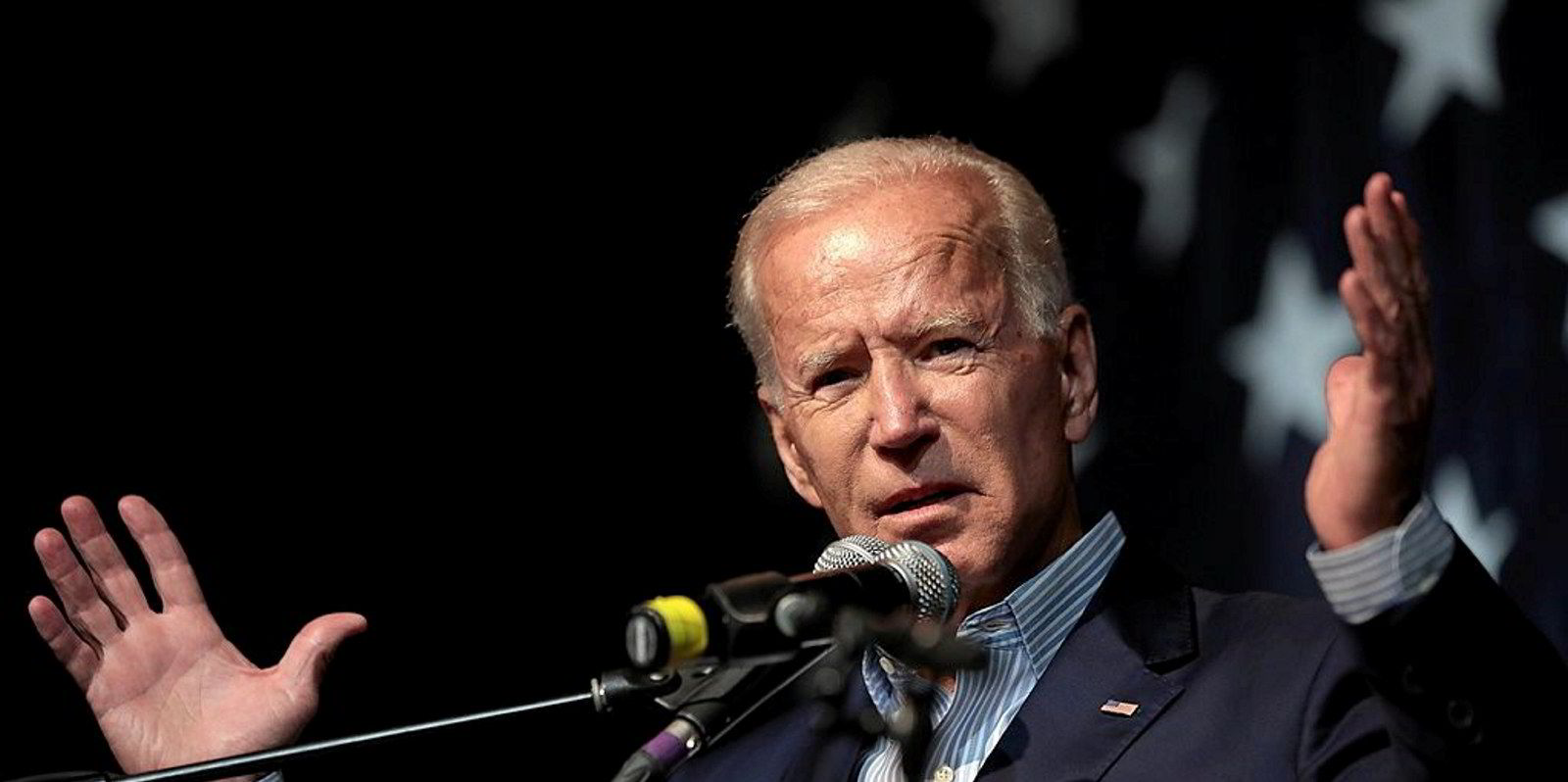The reshuffled oil market has pushed some VLCCs into the Atlantic to find work, but with minimal impact, analysis from Vortexa shows.
Ioannis Papadimitriou, freight analyst at the energy and shipping analytics platform, said the largest oil tankers need Chinese demand to pick up following Covid-19 lockdowns to see higher rates.
“It seems that a rebound of crude demand from the raison d’etre of VLCCs — China — is a necessary condition for a potential freight rate recovery,” he said in a note.
On Thursday, the Baltic Exchange said VLCC time charter equivalent rates fell $1,001 to -$26,081 per day after starting the week at -$22,682 per day.
The group's methodology has taken some criticism for overstating how bad the market is due to its assumptions about speed and fuel consumption, but data from Tankers International shows a number of anaemic fixtures going back weeks, including several done at an estimated TCE below $10,000 per day.
Papadimitriou said VLCCs formerly on the West Africa-to-China route are picking up more cargoes headed to Europe to replace Russian barrels shunned following its invasion of Ukraine. Activity there has picked up over the last month and VLCCs on the West Africa to UK/Continental Europe route, crowding out suezmaxes.
Additionally, he said four VLCCs are engaged in US Gulf-to-Europe trades, which is a yearly high but only a sliver of the world’s 800 VLCCs.
Both those rates have shown strength, but have been unable to overcome the lack of demand out of China.

Further, Papadimitriou said it was unclear if VLCCs would continue trading on those routes as Angolan cargoes headed to Europe have dropped month-over-month from April and only three VLCCs are set to carry crude from the US Gulf to Europe over the next 30 days.
Some VLCCs have also found work carrying Russian crude to new destinations like India, China and the Middle East, but the note suggested those cargoes could be under threat if European countries cannot agree on further sanctions against Moscow.
“This could potentially further limit the viability of VLCC trading opportunities in the West, should Europe ramp up Russian crude exposure again,” Papadimitriou said.





